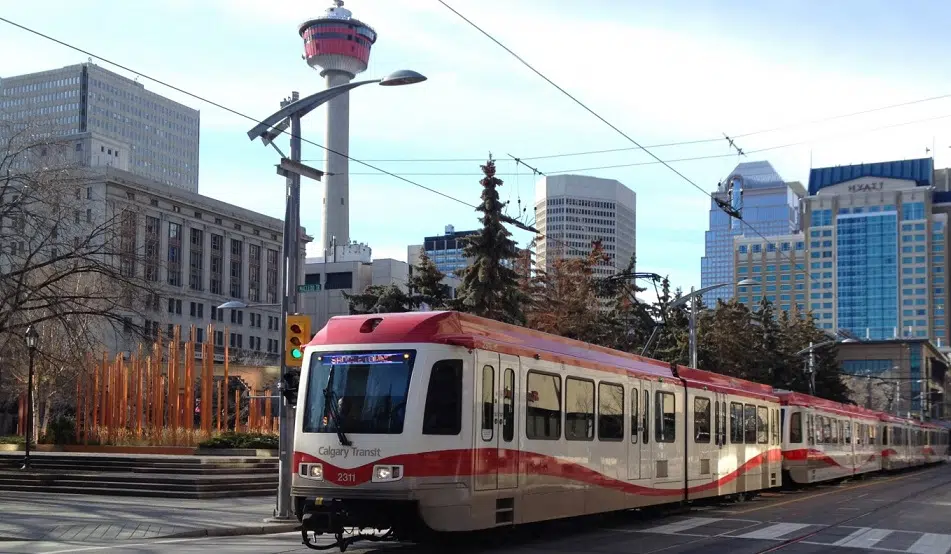Welcome to the most underwhelming election campaign in Manitoba’s recent history, so far an uninspiring battle of small ideas. As the forest burns, politicians chatter about the trees. Imaginative ways do exist to deal with our most pressing policy issues. We’re not hearing them yet.
Some context is in order. Start by comparing the size of Manitoba’s population and economy relative to Canada. It’s a continuing story of gradual, uninterrupted decline. Our share of the country’s population has fallen from 5% in 1961 to 3.6% today, down 30%. Our economic heft has slipped relatively faster, from about 4.5% of national output in 1961 to about 3%, down by half.
Through this depressing murk, the best one could say about the current government is that the decline has continued on its previous steady, downward track, and not accelerated. Over Gary Doer’s two terms, our share of Canada’s population moved from 3.8% to 3.6%, down about 4%. Our comparative standard of living shrank by about eight percentage points, with Manitoba’s GDP falling from 3.2% of the Canadian total to about 3%. Note that we are getting poorer relatively faster than we are losing population.

Another way to look the problem is to compare the size of the Alberta and Manitoba economies over time. In 1961, ours came in at about 57% of Alberta’s. At the start of the Doer government, 38 years later, Manitoba’s economy represented only 24% of Alberta’s. Today it is worth only 18%. Comparatively we are losing ground.
The usual suspects counter that Alberta’s economy coasts on oil wealth, a position that downplays Alberta’s private-sector policy model, one oriented to economic growth. So let’s look at socialist Saskatchewan. In 1999, Manitoba’s economy stood at 103% of our western neighbour’s. Today, our GDP is 93% of Saskatchewan’s, a comparatively sharp decline against a province where the population has actually fallen in recent years.
Overall, these discouraging numbers mirror troubling trends in our provincial budget. Since 1999, revenues have increased by 45%. But how much of it came from own-source revenues, meaning tax revenues generated locally, and how much from federal subsidies? The former increased just 36%, while federal transfers expanded by 64%. In other words, outside subsidies increased 78% faster than money raised the old-fashioned way – via tax revenues from the local economy.
Consider also our level of budgetary dependence on federal transfers. Between 1999 and today, they moved from 32% of the Manitoba budget to 37%. Doer’s government received roughly $2 billion in transfers when it assumed office, while this year it gets $3.4 billion. These massive increases are skewed heavily to recent years. This year alone, the feds will shovel in a staggering $300 million more, worth roughly $265 extra per Manitoban. In effect, Ottawa is providing the incumbent administration with the play money for more nurses and other goodies in the bidding war to buy our votes.
The transfers are dispersing into an economy dominated by government spending. The most troubling statistic is the size of Manitoba’s public sector relative to the rest of the economy. In 2006, total municipal, provincial and federal government spending accounted for 49.9% of the entire economy. Throw in Crown corporations and the total controlled by politicians and their flacks easily exceeds half the economy. Compare that to 45.8% in NDP Saskatchewan and 27% in Alberta. That’s the best clue to our most obvious challenge, unaddressed in the campaign – the sheer and overweening scale of government ownership of the economy and public services.

Yet, despite the wealth funneled into our public sector, with our education and healthcare sectors swimming in new federal subsidies, outcomes are decidedly mediocre. As any junior economist can tell you, more money into monopolies usually means more expensive services, not more services. The Manitoba experience proves it.
The size of government matters, and it has collateral impacts throughout our economy. Manitoba’s taxes are plainly uncompetitive compared to other provinces, particularly on the taxes that matter, like income, corporate, capital and payroll taxes. The feedback effect is visible in our abysmally low level of per-capita private investment. Last year for the first time, Manitoba had the lowest level in Canada, sinking below PEI and New Brunswick, traditionally the places in Canada most starved for capital. With the exception of Jon Gerrard’s promise to phase out the payroll tax, no intelligent tax reductions have as yet been offered.
To sum it up, the foundations of Manitoba’s economy depend increasingly on a low-performance public sector on steroids. Federal transfers are wasted as “new money for old systems.” They subsidize cheap electricity and high power consumption, displace the need for attractive tax policies and crowd out private-sector investment and growth.
Our Alice-in-wonderland election campaign is ignoring these major issues.


